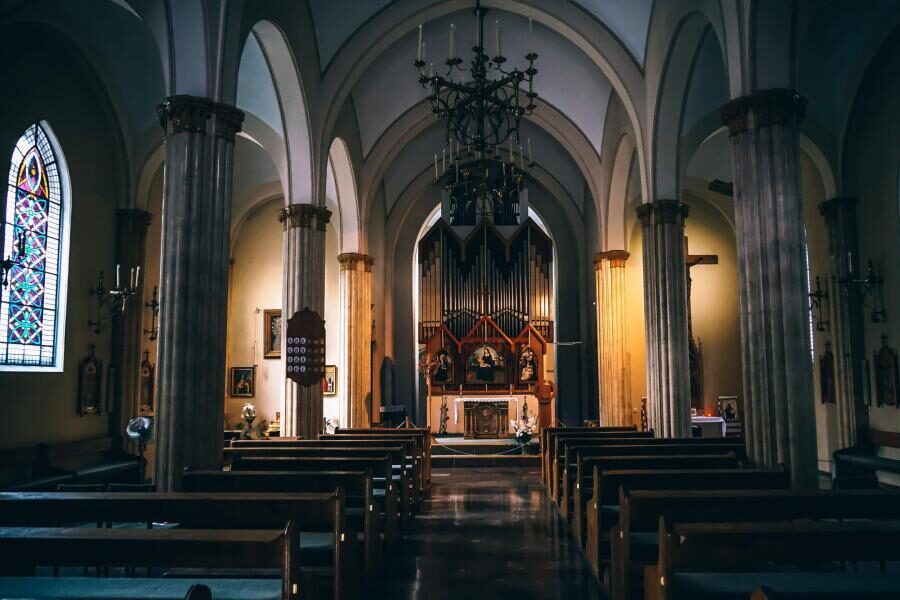Sponsored
NEW: Conservatives Worry What Washington Might Do With New Powers to Target Churches and Nonprofits

Conservative and faith-based services are sounding the alarm about ways that Washington politicians could restrict the freedom to practice their beliefs, citing new provisions that narrowly failed during last week’s passage of President Donald Trump’s “big, beautiful” tax cut legislation.
Congressional action around election integrity is the impetus for increasing concern that religious freedoms may be caught in the crossfire. Provisions in the legislation would have allowed for expanded surveillance of sensitive areas such as churches, synagogues, and mosques, areas that have historically allowed civic associations to congregate.
The language was nearly included in last week’s omnibus bill passed by the U.S. House, which would have given the federal government additional authority to expand the definition of foreign election interference by nonprofit organizations. Religious advocates say this could jeopardize their tax-exempt status and even their relationships with federally backed banks, which may revoke their accounts.
Although stripped, the provision could resurface in new legislation that would empower federal officials to pore over the tax filings of nonprofits, political organizations, and advocacy groups, some of which are grounded in faith. Central to the debate is the lack of processes for making an accusation against an organization, which nonprofit leaders say could be weaponized against them, even if the allegations are baseless.
Robert Phillips, a pastor in El Dorado Hills, CA, wrote to the Sacramento Bee calling on California’s Republican lawmakers to shelve the legislation and prepare for its return if Democrats retake control of the U.S. House in 2026.
“As a pastor and American who values religious freedom, I find recent proposals in Congress to be deeply concerning,” Pastor Robert Philips writes. “Several bills being debated sound like they’re about keeping our country safe or protecting elections, but if you read the fine print, they give the government the power to silence churches and religious organizations just because their beliefs don’t line up with those in power.”
Philips cited several provisions in the bill that could carry unintended consequences:
- Forcing faith-based organizations to violate their beliefs or shut down if they don’t follow Washington’s agenda.
- Punishing groups for receiving completely legal donations from individuals the government decides it doesn’t like.
- Intimidating nonprofits and churches into silence by threatening their funding and tax status.
The latest attempt to restrict political activism by faith-based organizations is more detrimental to conservatives, Philips and others have argued. They cite Biden-era investigations of pro-life activists by the FBI, including visitations by some agents to the homes of demonstrators.
Following 9/11, the bipartisan passage of the Patriot Act dramatically expanded the scope of federal surveillance, including the ability to monitor individuals suspected of terrorism without warrants. It wasn’t until the unauthorized leak of NSA investigations by Edward Snowden in 2013 that public opinion and discourse began to turn against the unfettered free flow of investigatory surveillance under the auspices of antiterrorism.

